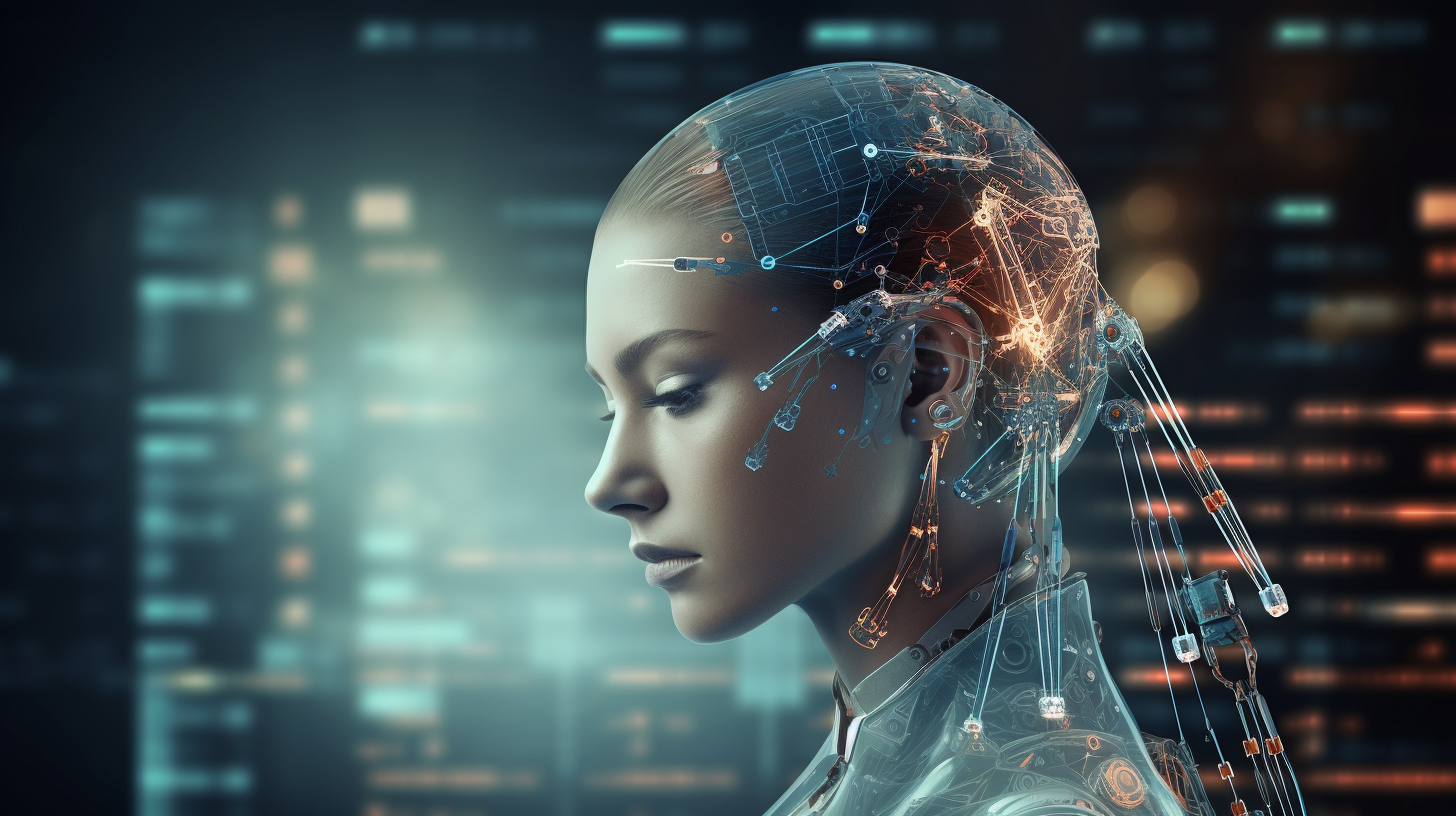When Justice Meets Algorithms: AI Takes the Stand
In a world where cryptocurrency is king and blockchain reigns supreme, a new legal icon has emerged – AI defence lawyers. These digital attorneys, built upon layers of complex algorithms and machine learning, are reshaping legal landscapes and altering the face of justice as we know it.
Gone are the days of courtrooms packed with paper briefs. Instead, blockchain-powered legal bots skim through terabytes of legal texts, making connections and crafting arguments with inhuman precision. They’re not hampered by fatigue, bias, or emotion – making them ideal players in a judiciary process that upholds fairness and equality.
Unpacking the Code of Digital Defence
“Innocent until proven guilty” – the cornerstone doctrine of the justice system – has gained a new champion. These AI defence lawyers expertly navigate the immutable records on the blockchain, analyzing transactions, timestamps, and smart contracts with an unparalleled eye for detail.
Some would say that justice has become a mutating algorithm, replacing traditional advocacy with data-driven defence. This revolution, however, is not without its hurdles. Issues of transparency and accountability come into sharper focus, echoing the sentiments of a recent piece on AI ethics in the crypto age.
Advocacy in the Echoes of Tomorrow
The integration of AI in legal advocacy pushes the boundaries of the profession, raising questions reminiscent of past speculation around cryptography’s dance with quantum computing. The necessity for post-quantum cryptography as highlighted previously, parallels the demand for advanced, quantum-resistant defence mechanisms in the legal world.
Technology enthusiasts celebrate these AI defenders as the pinnacle of efficiency, applauding their icy logic and pristine memory. Critics, on the other hand, point out the potential for a loss of the human touch, igniting a debate over whether justice without a human face is justice at all.
The Verdict on AI Jurisprudence
The rise of AI lawyers in this cryptocurrency-centric society has brought with it new legal dynamics where smart contracts are witnesses and transaction ledgers serve as testimony. Legal proceedings can be dramatically expedited, and access to justice broadened, presenting a compelling case for the digital defender.
Despite their capabilities, these algorithmic advocates stand on the precipice between technology and humanity. It is essential to strike a balance – to ensure these AI entities function within an ethical framework and serve the people they represent with a digital version of empathy and understanding.
This technological paradigm shift signals an era where precision and programming may well define the next generation of legal excellence. As the debate continues, the tension between innovation and the essence of humanity will undoubtedly pave the path of legal processes in the cryptocurrency domain.
